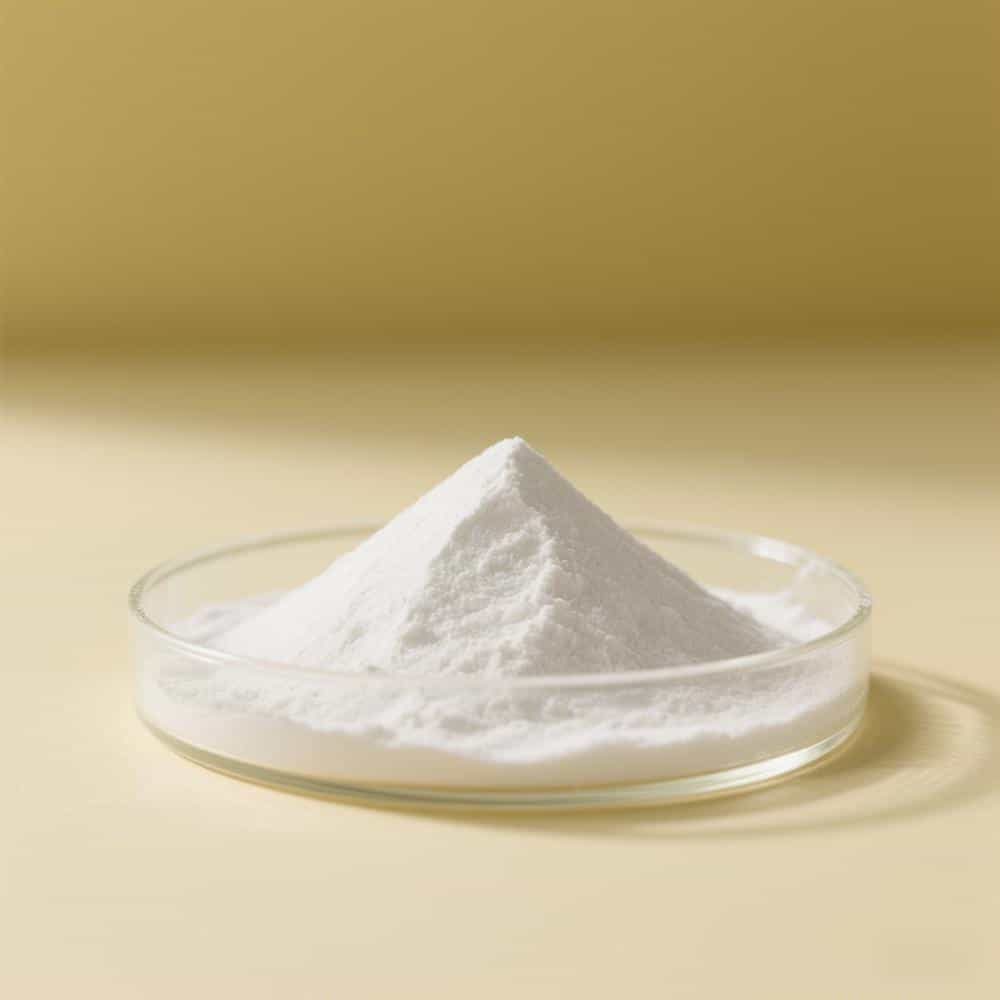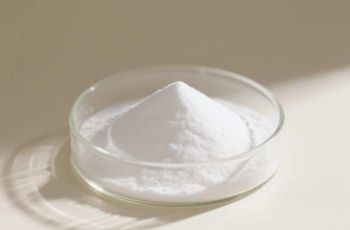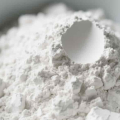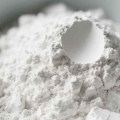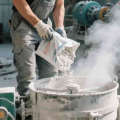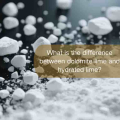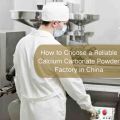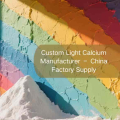- Welcome to China Calcium Carbonate Manufacturer
- WeChat:15078781000
Product Details
What Is Agricultural Lime?
Agricultural lime, or ag lime, is a soil conditioner made from finely ground limestone, primarily composed of calcium carbonate (CaCO₃) or calcium oxide (CaO). It is designed to neutralize acidic soils, enhancing nutrient availability and promoting healthy crop growth. Unlike industrial lime, agricultural lime is processed specifically for farming use, with strict controls on granulation and purity.
Recommended read: What Is the Difference Between GCC and PCC?
Functions & Benefits of Agricultural Lime
Agricultural lime plays a crucial role in improving soil productivity and long-term land health. Its agronomic benefits include:
pH Correction: Neutralizes excess acidity in soil, keeping pH levels within the optimal range of 6.0–6.8.
Improved Nutrient Absorption: Increases the availability of macronutrients like nitrogen, phosphorus, and potassium by up to 30%.
Enhanced Soil Structure: Promotes aeration and drainage, especially in clay and compacted soils.
Essential Nutrient Supply: Provides a continuous source of calcium and magnesium—key for plant cell wall development and enzyme activation.
Microbial Activation: Supports beneficial soil microbes essential for decomposition and nitrogen fixation.
Fertilizer Efficiency: Improves the uptake efficiency of applied fertilizers, reducing input costs over time.
Key Applications of Agricultural Lime
Agricultural lime is used across various sectors in both conventional and organic farming:
Field Crops: Helps correct acidic soils (ideal for soils with pH <5.5), improves nutrient balance, and increases yield and crop resilience.
Fruits & Vegetables: Reduces calcium-related disorders such as blossom-end rot in tomatoes and bitter pit in apples, while enhancing flavor and firmness.
Horticulture: Used in strawberries and citrus, where it can boost sugar content and fruit size.
Organic Farming: Our ag lime complies with OMRI and EU organic farming standards (EC 834/2007).
Land Reclamation: Applied in mine reclamation, acidic wastelands, and degraded soils to restore fertility and structure.
Types of Agricultural Lime
1. High-Calcium Lime (≥95% CaCO₃)
Derived from pure limestone; ideal for fast-acting pH correction and calcium supplementation.
2. Dolomitic Lime (with MgCO₃)
A combination of calcium and magnesium carbonates, suitable for magnesium-deficient soils.
3. Hydrated Lime (Ca(OH)₂)
Highly reactive and effective, but used with caution due to its caustic nature. Learn more in our Hydrated Lime Product Page.
Comparison Table
| Feature | Agricultural Lime | Industrial Lime |
|---|---|---|
| Composition | Natural CaCO₃ + MgCO₃ | Processed CaO / Ca(OH)₂ |
| Safety | Heavy metals <0.5 ppm | May contain industrial residues |
| Granulation | 2–5 mm porous granules | Fine powder / lumps |
How Does Agricultural Lime Work in Soil?
Agricultural lime raises soil pH by neutralizing excess hydrogen ions, which:
Enhances nutrient availability
Promotes beneficial microbial activity
Improves root development and plant health
This long-term soil amendment works gradually and can last up to 3–5 years depending on soil condition and rainfall.
🧪 External resource: Wikipedia – Agricultural Lime
Application Guide for Agricultural Lime
Best Application Seasons: Autumn and early spring before planting.
Dosage by Soil Type:
| Soil pH | Sandy Soil (kg/mu) | Clay Soil (kg/mu) |
|---|---|---|
| 4.5–5.5 | 300–500 | 500–800 |
| 5.5–6.0 | 200–300 | 300–500 |
Best Practices:
Always conduct a soil test before application.
Spread uniformly using a mechanical spreader.
Incorporate into the top 6–8 inches of soil.
Avoid mixing with ammonium-based fertilizers directly.
Production Process & Quality Control
Raw Materials:
Mined limestone with Pb/Cd/As content ≤1 ppm
Tailored MgO: 5%, 10%, or 20%
Steps:
Crushing and grinding
Sieve classification (90% <2 mm)
Optional humic acid coating
Standards:
Neutralizing Value: ≥80% (ASTM C25)
Certifications: COA, MSDS, FAMI-QS
Organic compliant (OMRI, EC 834/2007)
Technical Specifications
| Parameter | Specification | Test Method |
|---|---|---|
| CaCO₃ Content | ≥85% | EDTA Titration |
| MgCO₃ Content | 5–20% (Customizable) | XRD |
| Moisture | ≤1% | 105°C Drying |
| Particle Size | 90% <2 mm | Sieve Analysis |
We offer flexible packaging: 25 kg bags, 500–1000 kg jumbo bags, or loose bulk shipments.
FAQs About Agricultural Lime
Q: How fast does ag lime work?
A: Fine powder improves pH within 3–6 months; granules act over 6–12 months.
Q: Is it suitable for organic farming?
A: Yes, certified under EU and OMRI standards.
Q: Can it be used with fertilizers?
A: Apply at least 7 days apart from ammonium-based fertilizers to avoid chemical interaction.
Q: Do you provide soil testing support?
A: Yes, we offer free liming consultation and soil test review.
Why Source Agricultural Lime from China?
Cost Advantage: Competitive FOB pricing with no compromise on purity or safety.
Technical Flexibility: Custom MgO content, particle size, and coating options.
Reliable Supply Chain: Fast lead time, bulk shipping, and OEM services.
Explore related mineral solutions: Dolomitic Limestone for Agriculture
Contact Us for Technical Support & Quotes
Reach out for:
Free agronomic support
Customized bulk orders
OEM/private label services
Fast shipping worldwide
📧 addy34152@gmail.com
